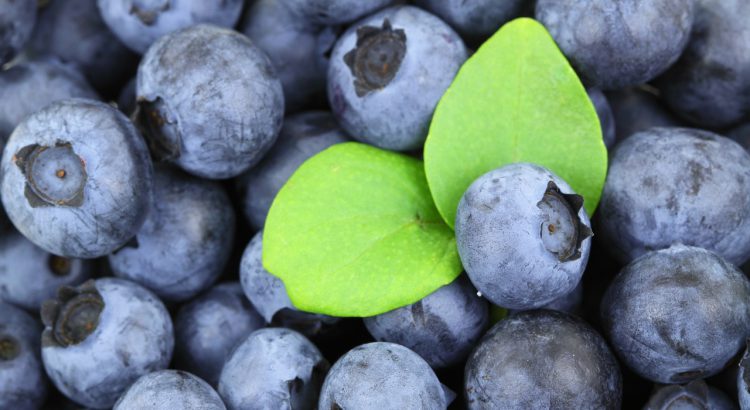The term “superfoods” is being used more and more as a label for certain foods, but what exactly are they?
In general, unprocessed, nutrient-dense plant- or animal-based foods—such as fatty fish, nuts, seeds, fruits, vegetables and whole grains—are considered to be “superfoods,” due to their health-promoting properties.
These properties include having heart-healthy fats or being high in fiber, antioxidants, phytonutrients, vitamins and minerals. Regular consumption of these food items as part of healthy diet and lifestyle may reduce the risk of chronic disease.
Below are five “super” nutrient dense foods to add to your shopping list:
Fatty fish. Fatty fish such as salmon, mackerel, herring or albacore tuna are rich sources of omega-3 fatty acids. Evidence has shown that regular consumption of omega-3 fatty acids in fish may reduce the risk of cardiovascular disease, triglyceride levels, blood pressure and stroke. The American Heart Association recommends eating at least two 3.5 oz. servings of fatty fish weekly.
Almonds. Almonds are the perfect nutrient-packed snack. A one-ounce serving (about 23 almonds) contains 160 calories, 13 grams of unsaturated mono- and polyunsaturated fats, 1 gram of saturated fat, 6 grams of protein and more than 3 grams of fiber per serving. Almonds are the tree nut with the highest amount of protein, fiber, calcium, vitamin E, riboflavin and niacin per serving. The protein and fiber in almonds helps keep you fuller longer and is beneficial for weight management and maintenance of glucose levels.
Blueberries. Blueberries are a nutritional powerhouse, as they have one of the highest antioxidant capacities. Antioxidants help protect the body from damage caused by free radicals by slowing or preventing the development of chronic diseases. Studies have shown that regular consumption of blueberries may reduce the risk of age-related cognitive damage and improve short term memory. Blueberries are also an excellent source of fiber, vitamin C, vitamin K and manganese. Consider keeping frozen blueberries on hand throughout the year as a healthy addition to any smoothie, meal or snack.
Barley. Barley is an excellent source of fiber, proving 6 grams per serving. Barley contains beta-glucan, a type of soluble fiber. Studies have shown that beta-glucan may help boost the immune system, regulate glucose levels, lower total cholesterol levels and decrease one’s chronic disease risk. Barley is also a source of vitamins B, E, iron and selenium. Be sure to look for hulled barley when shopping, as it is less processed than pearled barley.
Kale. Kale is a versatile and nutrient-dense addition to any meal. A one-cup serving provides more than 600 percent of the recommended daily allowance (RDA) of vitamin K, for bone health and blood clotting, and 200 percent RDA for vitamin A, important for vision and eye health. Kale provides all nine essential amino acids and is a source of iron, calcium and omega-3 fatty acids.
